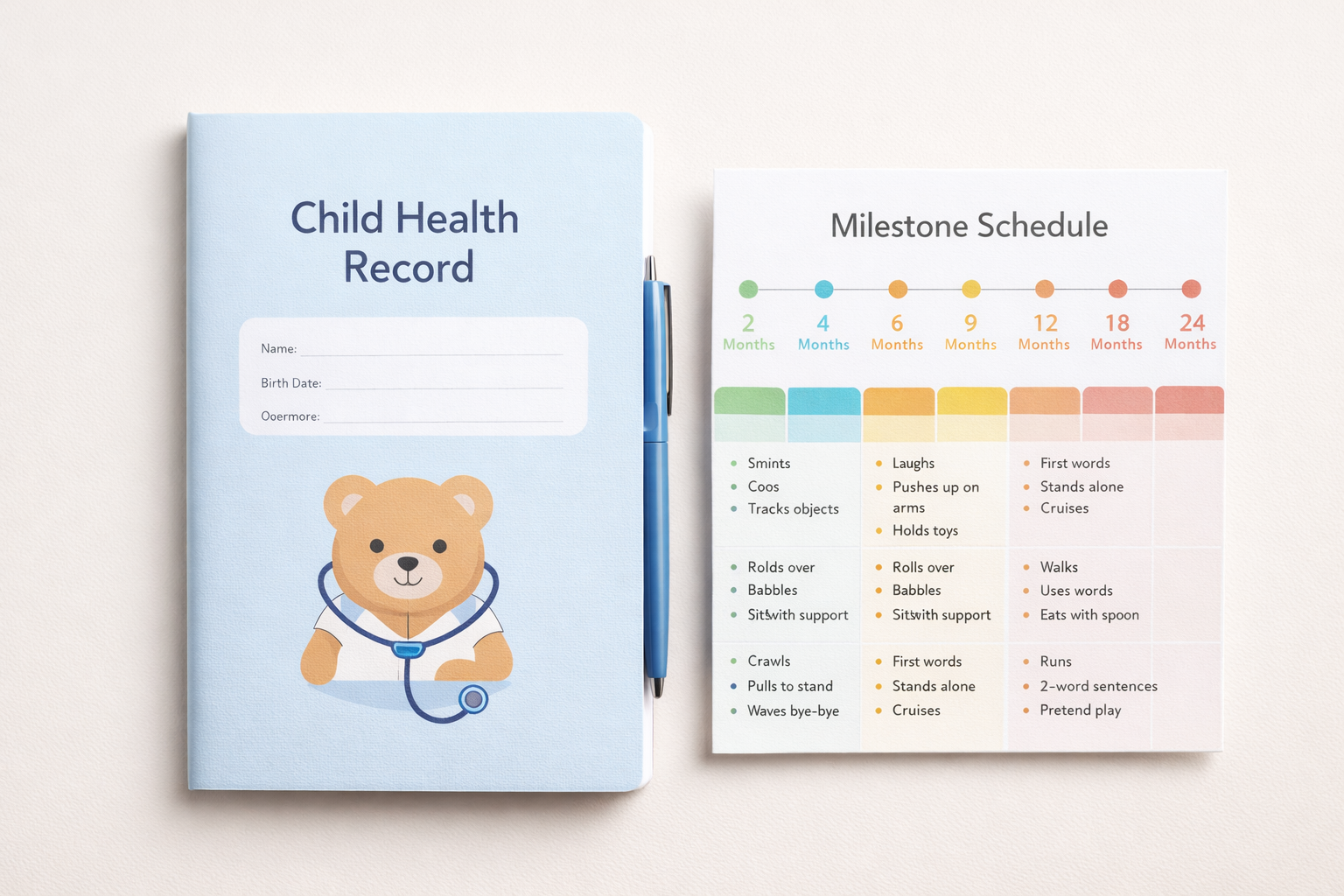Does Waxing Reduce Hair Growth?
 Cristina
|
Cristina
|
 23 Jun 2025
23 Jun 2025
Short answer? It kind of does. But not like, instantly.
Waxing Doesn’t Kill Hair, But It Does Mess With It
When you wax, you’re not just trimming or cutting like shaving does. You’re literally yanking the hair right out from the root. Over time, that does something. It kind of weakens the hair follicle.So yeah — if you wax regularly, you might start noticing that your hair grows back finer, lighter, or slower. Some people even see patches where hair just stops showing up. But don’t expect that after just two sessions. It’s more of a long game.
How Long Does It Take to See Results?
It depends on a few things, like how thick your hair is, how often you’re waxing, and if you’re doing it right.Most people say they start seeing a difference after like 4 to 6 sessions. The hair starts growing back patchy in places, or it’s not as rough as before. And sometimes, it even takes longer to grow back in general. But again, don’t expect miracles in the first couple tries.
If you go a few months without waxing and start shaving again, it kinda resets everything. So yeah — consistency matters here.
Can Waxing Thin Hair Permanently?
Not always, but sometimes.If you wax the same area for a long time, some hair follicles just give up. They stop growing hair altogether, or the hair that does grow is super soft and hard to see.
It’s not technically “permanent hair removal,” but it can feel like it. Especially in spots where the hair is already kinda fine — like arms or the bikini line.
Places with thicker hair (like legs or underarms)? Takes longer. But yeah, waxing can lead to reduced hair growth in a lot of cases if you keep at it.
What About Coarse or Dark Hair?
Actually, waxing works better on coarse hair.If you’ve got thick, dark hair, you’ll probably notice more of a difference after waxing a few times. The hair grows in softer and not as deep-looking. And if your hair's naturally strong, regular waxing is more likely to make a real dent in growth over time.
But again, this doesn’t happen overnight.
Can You Wax Too Often?
Kinda.If you wax too soon, like when the hair’s still too short, it won’t grip well and you’ll just irritate your skin for no reason. Most pros say wait about 3 to 5 weeks between sessions. That way the hair’s long enough to come out properly, and your skin’s had time to chill.
Also — don’t shave between waxes. That messes up the hair growth cycle and slows down your progress if you're trying to thin it out long-term.
Does It Matter What Kind of Wax You Use?
A little, yeah.Hard wax is better for sensitive areas and gives a cleaner pull. Soft wax is used more on big spots like legs. Some people try sugaring, which is gentler but kinda tricky if you’re doing it at home.
Cheap wax strips might work, but if they’re not pulling the hair from the root, you’re basically just wasting your pain. Go with good-quality stuff or get it done by a pro if you can.
Real Talk: What It Feels Like After a While
Honestly? The first few times suck. It hurts, it’s sticky, and you might break out a little. But after a few months of doing it regularly, most people say the pain goes down, and they don’t have to wax as often.
Some even start spacing sessions out every 6–8 weeks instead of every 3. That’s when you know it’s working.
Final Thoughts
So yeah — does waxing reduce hair growth?It doesn’t stop hair completely, but it can definitely slow it down, make it come back softer, and over time, it can even lead to patchy regrowth or thinner hair in spots.
Just don’t expect results overnight. Stay consistent, don’t shave in between, and use decent products or go to someone who knows what they’re doing.
If you’re looking for smoother skin without having to deal with razors constantly — waxing’s not a bad way to go.
Categories

Bacterial and Fungal Infection
How Long Does Amoxicillin Stay in Your System?
 Graciela
Graciela

Pediatric and Neonatal Care
Can Newborns Get Infections from Visitors?
 Tobias
Tobias

Pediatric and Neonatal Care
Signs of Developmental Delays in Infants!
 Justice
Justice

Pediatric and Neonatal Care
What Vaccines Are Required for Toddlers?
 Molly
Molly

Pediatric and Neonatal Care
Is Baby Getting Enough Breast Milk?
 Monserrat
Monserrat










.webp)
.webp)
-(2).webp)

.webp)